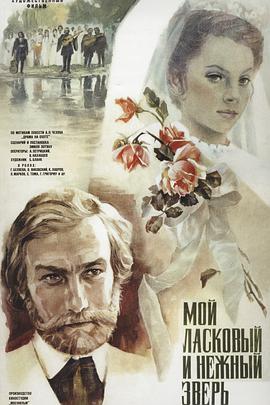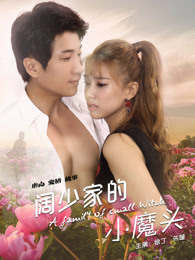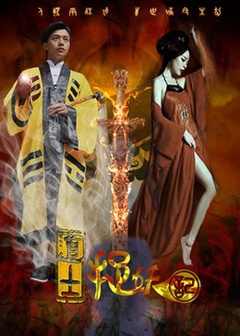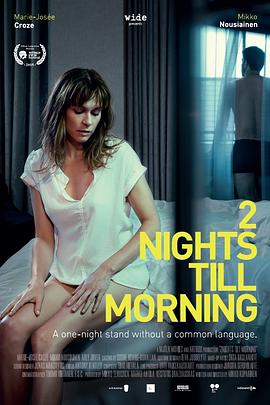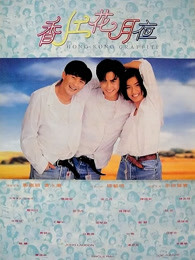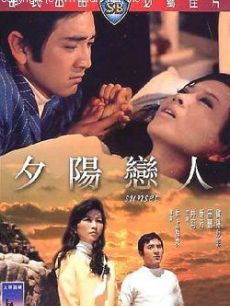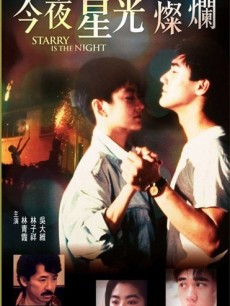@《我亲昵而温柔的野兽》相关热播
@最近更新爱情片
@《我亲昵而温柔的野兽》相关影评
THE SHOOTING PARTY, aka. A HUNTING ACCIDENT is Soviet filmmaker Emil Loteanu’s cinematic interpretation of Chekhov’s only full-length, eponymous novel, and the final product is as sumptuously alluring as it is melancholically tedious.
The plot centers around a 19-year-old bombshell Olga (Belyaeva), the daughter of a forester, playing the field between three older men who are besotted with her, Count Karneyev (Lavrov), noble widower Urbenin (Markov) and our protagonist the court investigator Kamyshev (Yankovsky), only the latter she truly loves, but oscillating between financial security and veridical feelings, she makes many a decision against her best judgement, until a hunting accident brings down the curtain on her transient life, but the guilty party gets off scot-free, much obliged to her own withdrawal of the information in extremis.
By meting out punishment to Olga as the token sinner and her husband a scapegoat taking the rap, Chekhov’s novel ineluctably hews to that time-honored phallocratic presumption that it is any above-board man’s poetic justice to penalize a wanton nymphet, and what rubs salt into the wound is that Loteanu’s film is saturated with wandering male gaze and old-money decadence, a combo looks execrably unfashionable to today’s ethos (or, on a less militant note, merely to this reviewer’s lights).
The fact that a 16-year-old Galina Belyaeva (who would be endowed with the lofty epithet “Russian Audrey Hepburn”) would soon be led to the altar by Loteanu, 25 years her senior, echos the director’s own possessive infatuation with nubile youth, and their matrimony lasts only 5 years, which says much about the treacherous nature such union implicates.
For all its lyrical longueur, loosey-goosey character arc and an unsavory surplus of machismo that mingled with aristocratic dissipation, THE SHOOTING PARTY has its own merits, both for its production value and aural abundance, not least Eugene Doga’s consecrated wedding waltz, and the cacophony invoked by a cohort of Gypsy musicians is so discordant that it is tenaciously embedded in the mind. Also, the cast is good if not great, Belyaeva is an ethereal being, but hobbled by a far too fluid characterization she is an objectified prize up for grabs; Oleg Yankovskiy is typically pronounced in subsisting his concealed passion with four-square resolution, and Kirill Lavrov obviously revels in the count’s total abandon with all the theatrics welling up to the fore, yet, they are delectable, alas, the same adjective can barely be referred to Loteanu’s own vanity project.
referential entries: Aleksandr Ptushko’s RUSLAN AND LUDMILA (1972, 6.3/10); Ildikó Enyedi’s MY TWENTIETH CENTURY (1989, 7.2/10).
